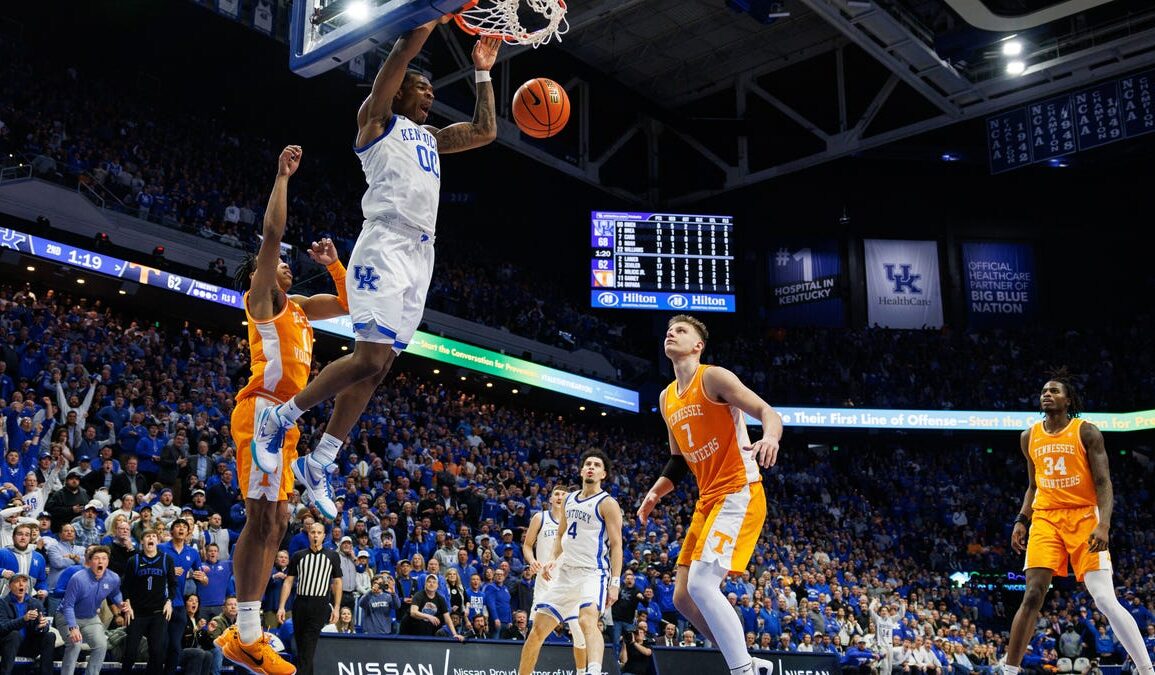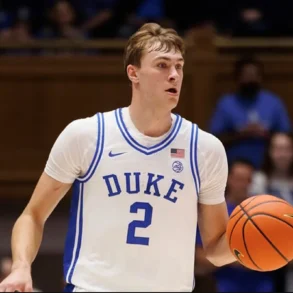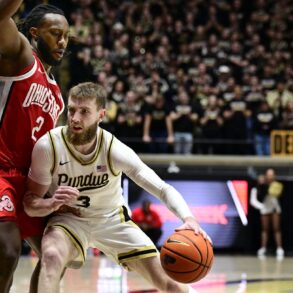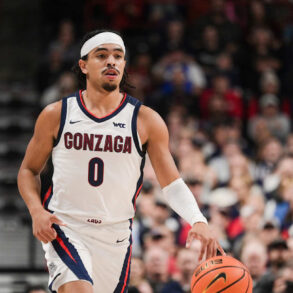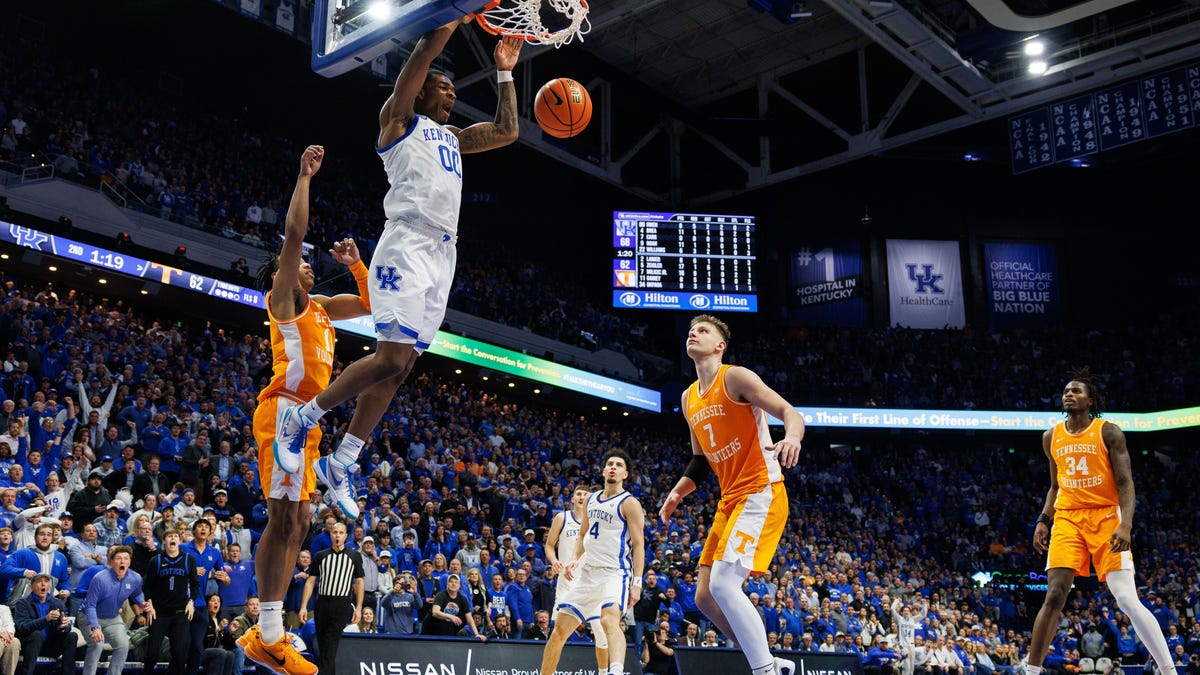
Instead of NCAA basketball coaches lamenting the ills of name, image and likeness deals, they owe it a thank-you. That’s not to say NIL saved college basketball, but it sure has helped make the game better just when it seemed it was too young and immature.
The game has grown up.
The 2025 Final Four boasted three teams with average ages of greater than 21 for their starters. Duke, with an average age of 19.4, was the youngest thanks in part to Cooper Flagg, who reclassified and enrolled in school as a 17-year-old, being one of three freshman starters.
Flagg’s the projected No. 1 overall pick in June’s NBA draft, and players like him will always be one-and-done under the current format. But NIL has given college basketball a greater chance at keeping the players who are borderline-ready to turn pro.
Of course, the NCAA didn’t have the vision to make it better by changing its policy to allow for NIL. The shift was essentially forced upon the organization after the Supreme Court unanimously concluded in NCAA v. Alston that its restriction on education-related benefits violated antitrust laws, which paved the way for athlete compensation.
Had NCAA leadership been progressive enough to understand that change was coming, perhaps they could have planned for the safeguards to keep NIL from being the pay-for-play model it morphed into becoming.
The House v. NCAA settlement, once finalized, could rein NIL deals back into truly being about endorsements with a proposed third-party clearinghouse monitoring every deal over $600.
Even if by happenstance, NIL has served a purpose.
Kentucky’s Otega Oweh used just about every minute of his time up to the NBA draft withdrawal deadline to decide whether he’d return to school. Without NIL offers, he would not have had a decision to make. He would have declared and stayed in the draft.
Instead, Oweh just likely made the Wildcats a preseason top-10 team by announcing his return.
Keeping good, experienced players in college has been good for the game. The best teams, since NIL became legal in July 2021, are no longer determined by the number of five-star freshmen on the roster.
The “get old, stay old” mantra that informs many coaches’ rosters became much easier to accomplish.
Think of all the players who stuck around in college instead of leaving early to pursue a professional career thanks to NIL deals.
Kentucky’s Oscar Tshiebwe was in the original class of beneficiaries.
He won several National Player of the Year awards in 2022, his first season with the Wildcats after transferring from West Virginia. In the old way of doing things, that would have been enough of a momentum boost to thrust him into declaring for the NBA draft and going about forging his pro career.
Tshiebwe returned for another season. And even with the NIL hurdles he faced (as an international student in the U.S. on a student visa he was restricted in what deals he could make), he earned enough that justified his decision to stay at UK.
Over the past four seasons as deals have gotten bigger, players have been easily persuaded to stay in school. Take a look at the players who withdrew their names from the NBA draft before Wednesday’s 11:59 p.m. deadline.
Last season, UAB’s Yaxel Lendeborg joined Larry Bird as the only other player in Division I history to post 600-plus points, 400-plus rebounds and 150-plus assists in a season. He was a sure first-round pick, but he’ll play for Michigan next season.
Florida’s Alex Condon was one of those players stuck between a late first-round and early second-round projection. He opted to return to Gainesville, where the Gators have built a roster that could defend their national championship.
Other players including former Indiana forward Mackenzie Mgbako, who transferred to Texas A&M, and Houston point guard Milos Uzan returned to school to improve their NBA stock rather than gamble on being a second-round pick in the draft.
Most of those players, pre-NIL, would have leaned toward staying in the draft and starting their pro careers, even if that meant leaving a good situation in college to play in the G League or head overseas.
Now those players, in many cases, will earn more money through NIL playing another year in college than they would have made in their first pro contract.
That’s a net positive for college basketball.
Thanks, NIL.
Reach sports columnist C.L. Brown at clbrown1@gannett.com, follow him on X at @CLBrownHoops and subscribe to his newsletter at profile.courier-journal.com/newsletters/cl-browns-latest to make sure you never miss one of his columns.
This post was originally published on this site be sure to check out more of their content.




